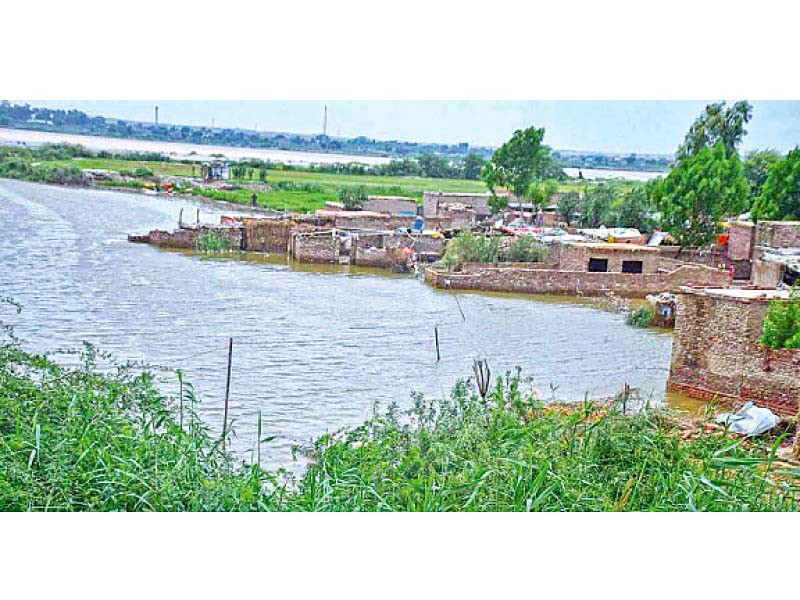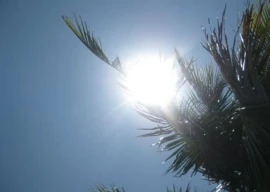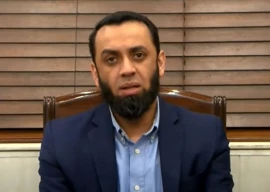
Attorney General for Pakistan (AGP) Mansoor Awan briefed the Senate Standing Committee of Law and Justice on Wednesday that Pakistan’s ongoing water dispute with India was pending in the International Court of Arbitration in The Hague.
The dispute pertains to concerns raised by Pakistan over India’s construction of the 330MW Kishanganga project on the Jhelum river and its plans to construct the 850MW Ratle project on the Chenab river in Indian-Illegally Occupied Jammu and Kashmir.
The committee, which met with its chairman Senator Ali Zafar in the chair, held an in-camera session to discuss India’s illegal designs of the two projects.
During the meeting, Senator Ali Zafar held the view that it was important that the committee must oversee “this highly sensitive issue so that technical and legal suggestions can be made” and to efficiently address if there were any discrepancies in the strategy.
Zafar said that this was a war that India had been waging against Pakistanis since long. He said that India was trying to steal this precious “water resource from us which requires of Pakistan to uncompromisingly take up this critical battle because our survival depends on it”.
He commented that the issues of terrorism, rising prices, corruption, and political disputes were all surmountable but added: “If we don’t aggressively come up with countermoves of our own and effectively respond to the attack on our waters, the consequences will be irreversible.”
He pointed out that Pakistan was already facing a water scarcity, with experts predicting that it would run dry by 2025 unless immediate action was taken. He warned that if there was any adverse impact of the arbitration, it would turn into the biggest catastrophe for Pakistan.
He warned that if India succeeded in its nefarious designs, “we will face famine and will be unable to feed the growing population”. He instructed that the Indus water commissioner and Foreign Office and Law Ministry experts might be called in the next meeting for further deliberations.
The members of the committee agreed with the chair and stressed that there was no threat greater than the threat “to our waters”. They underscored that Pakistan needed a fool-proof defensive as well as offensive strategy to protect our waters.






1731842248-0/Untitled-design-(21)1731842248-0-270x192.webp)











COMMENTS
Comments are moderated and generally will be posted if they are on-topic and not abusive.
For more information, please see our Comments FAQ